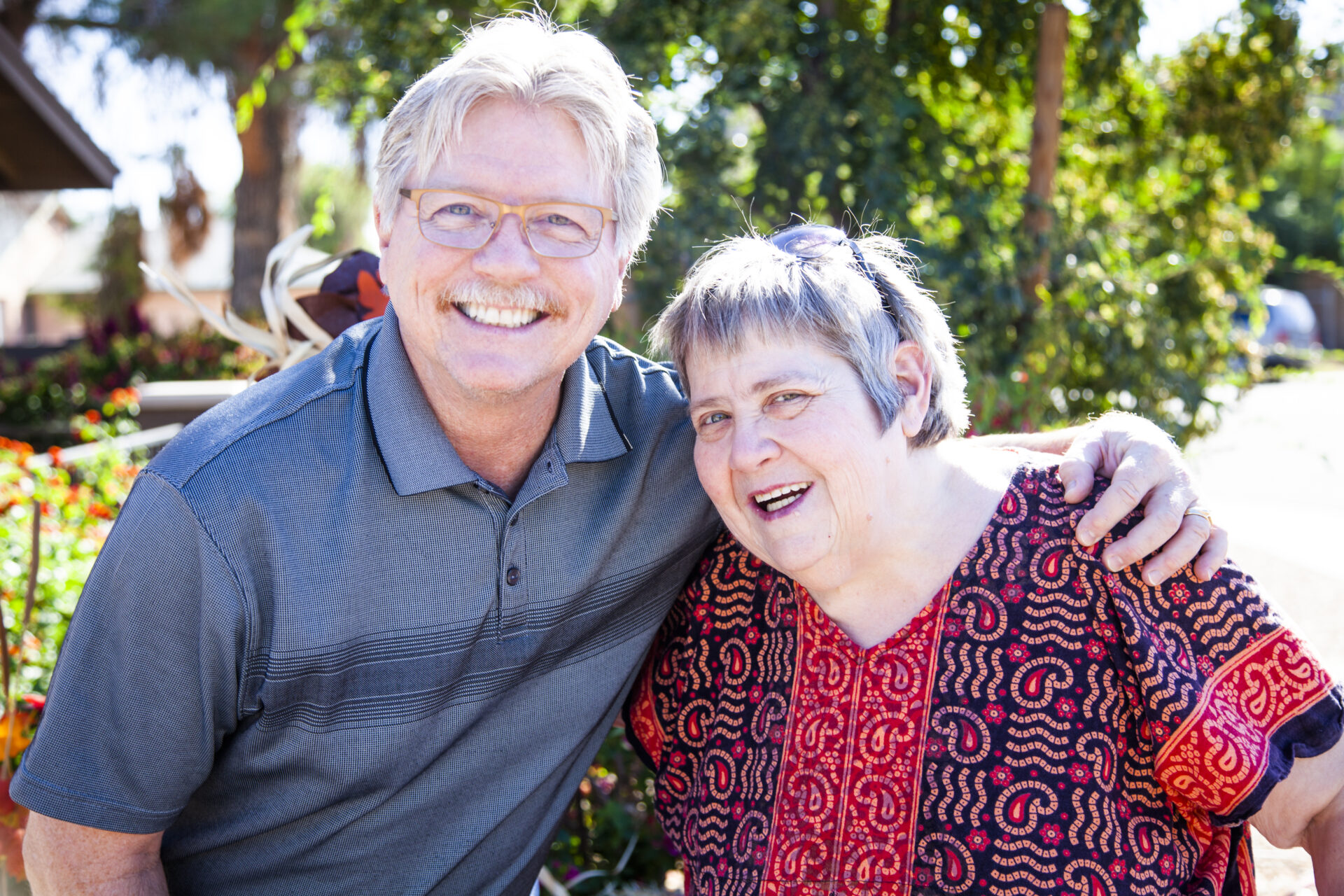Receiving a schizophrenia diagnosis can be life-altering. When individuals with schizophrenia experience psychotic episodes, their behavior can change drastically. They may not be able to care for themselves or maintain employment. Many people with schizophrenia are unable to address this diagnosis on their own.
There is a lot of stigma around mental illness and particularly the diagnosis of schizophrenia; however, ongoing treatment can result in improved outcomes.
Offer Support
Experiencing a psychotic episode can be frightening and disorienting. The individual may have a difficult time discerning between hallucinations, delusions and reality. Coping with these symptoms can take time and training.
Be a support or seek out support for the individual experiencing the mental health crisis. Be available and willing to listen to what they are experiencing.
Seek Out Treatment
Structured support is necessary to someone with a schizophrenia diagnosis. A psychiatric provider should be involved early in the process. When symptoms begin to arise, seek out treatment by a qualified provider as soon as possible. Together with a psychiatric provider, develop a treatment plan. Psychotropic medications may be included in treatment as well as coping strategies when episodes arise.
Ongoing Treatment
Some with a diagnosis of schizophrenia are able to live independently and self-manage their diagnosis. Others may feel their condition has improved and they may stop following the treatment plan or taking prescribed medication. It may be difficult for a provider to manage care for an individual with schizophrenia by only seeing them once or twice a month. An individual may decompensate quickly between treatment sessions. For some individuals, increased structure and ongoing support may be necessary to see long-term improvements.
Treatment in Assisted Living
If an individual with schizophrenia has failed at home or in unstructured settings, it may be time for a more supportive environment. A behavioral assisted living facility such as Heritage Lane can offer ongoing structure and support overseen by an onsite psychiatric provider. This setting will provide medication management and oversight with a personalized behavioral plan of action. With structure, support and accountability, an individual can benefit from increased independence and confidence. Taking part in a positive reinforcement model can minimize treatment refusals by being surrounded in a safe and supportive environment.
Contact Heritage Lane
Interested in getting help for your loved one? Learn more about Schizophrenia Treatment and Assisted Living here. Or, call us today to talk about how Heritage Lane can help at (480) 999-0511.









